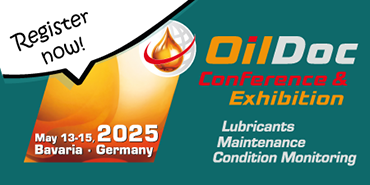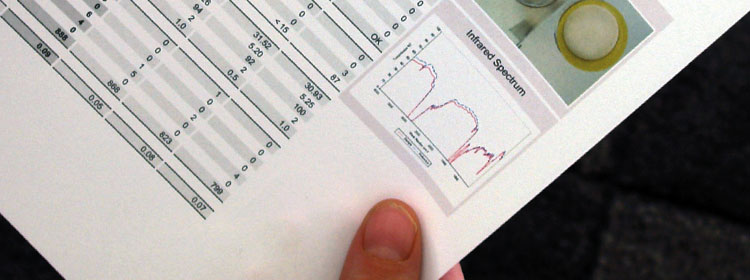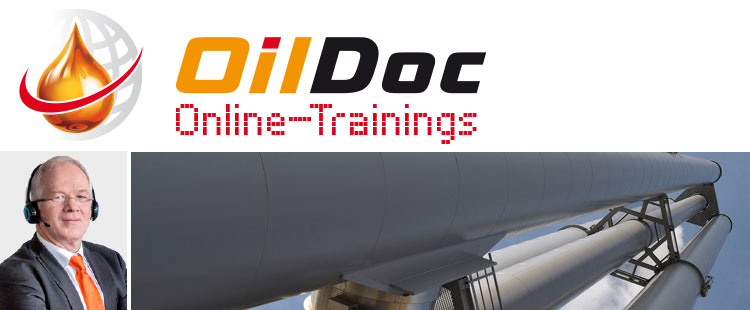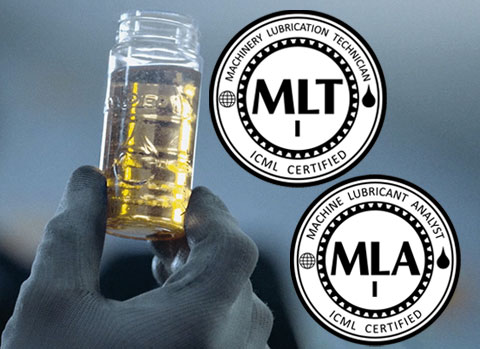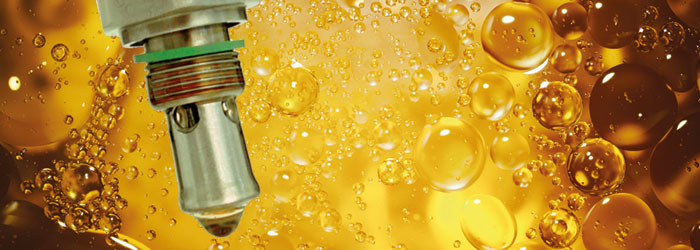No other method established in used oil monitoring can capture the diversity and complexity of oil ageing as well as infrared spectroscopy. Whether it is a question of impurities such as water, soot, antifreeze glycol, oil oxidation, nitration, the consumption of typical oil additives or the differentiation between various fresh oils and oil mixtures: FT-IR spectroscopy provides a wide range of reliable information quickly and reliably.
The online series, which consists of 4 modules that can also be booked individually, shows you how to use FT-IR spectroscopy in practice.
Based on the standardised methods, a large number of practical examples are used to demonstrate how you can use FT-IR spectroscopy far beyond this to identify and monitor hydraulic fluids, lubricating oils and greases. In addition, it is always explained which boundary conditions and basic rules must be observed in order to obtain reliable statements.

